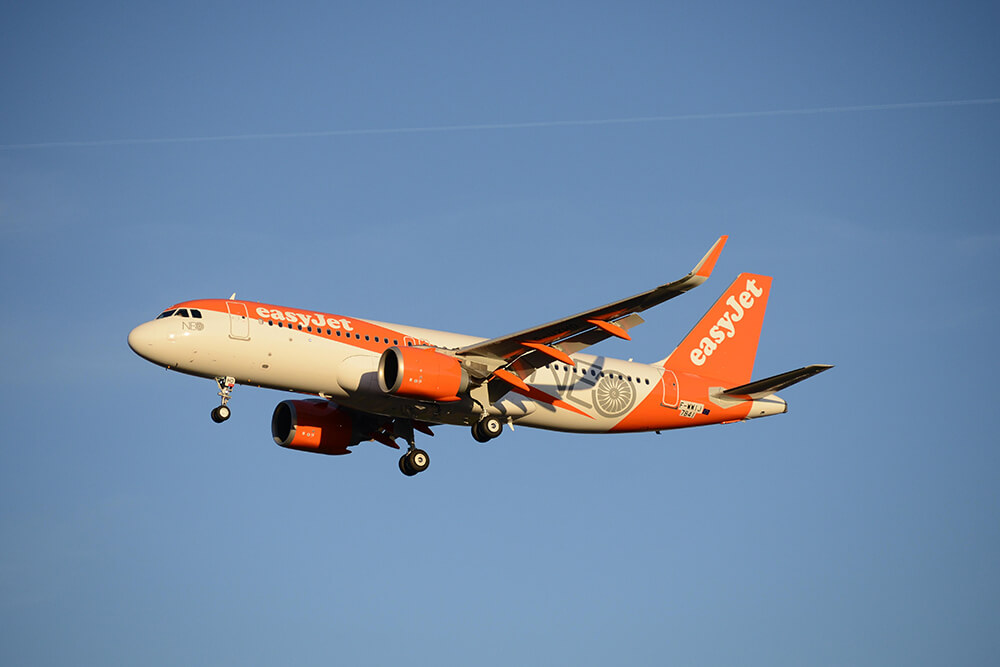EasyJet is set to operate net-zero carbon flights across its whole network by offsetting the carbon emissions from the fuel used for all of its flights.
The airline will undertake carbon offsetting through schemes accredited by two of the highest verification standards, Gold Standard and VCS. They will include forestry, renewable and community-based projects.
Carbon offsetting is only an interim measure while new technologies are developed, so the airline will continue to support innovative technology, including the development of hybrid and electric planes, working with others across the industry to reinvent and de-carbonise aviation over the long-term.
The aim will be for EasyJet to reduce the amount of carbon offsetting undertaken as new technologies emerge.
As part of this goal, the airline has also signed a Memorandum of Understanding (MoU) with Airbus related to a joint research project on hybrid and electric aircraft. The MoU is an important step towards furthering the industry’s understanding of the operational and infrastructure opportunities and challenges of plug-in hybrid and full electric aircraft.
Commenting on the initiative, Johan Lundgren, EasyJet CEO, said: “Climate change is an issue for all of us. At easyJet we are tackling this challenge head on by choosing to offset the carbon emissions from the fuel used for all of our flights starting today. In doing so we are committing to operating net-zero carbon flights across our network – a world first by any major airline.
“We acknowledge that offsetting is only an interim measure until other technologies become available to radically reduce the carbon emissions of flying, but we want to take action on carbon now.
“I am delighted that we have also announced today a new electric plane partnership with Airbus. We will be working together to identify the detailed technical challenges and requirements for electric and electric hybrid planes when deployed for short-haul flying around Europe. We hope this will be an important step towards making electric planes a reality.
“Aviation will have to reinvent itself as quickly as it can. This is the reason why we have been supporting Wright Electric since 2017 and are working with Airbus, and Safran on new technologies.
“We also need governments to support efforts to decarbonise aviation. In particular they must reform aviation taxes to incentivise efficient behaviour, fund research and development in new technology and ensure that early movers such as EasyJet are not penalised.”

